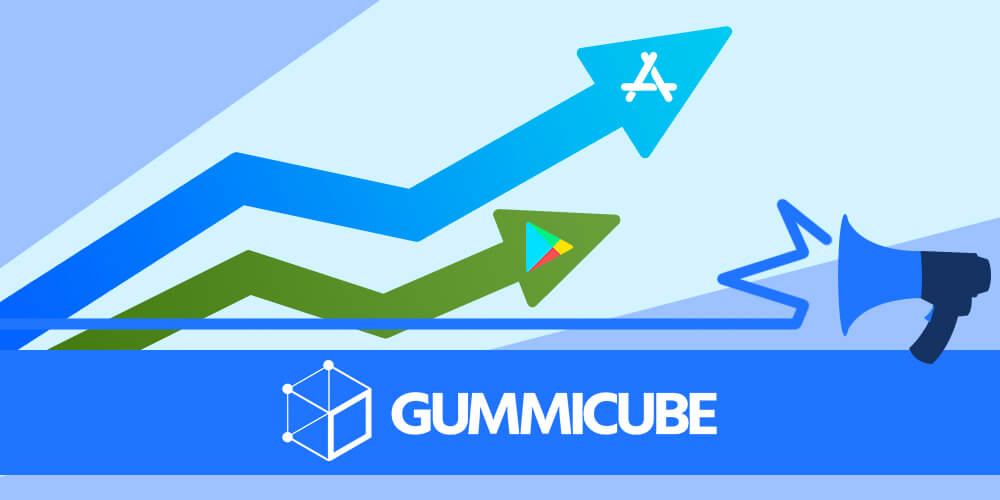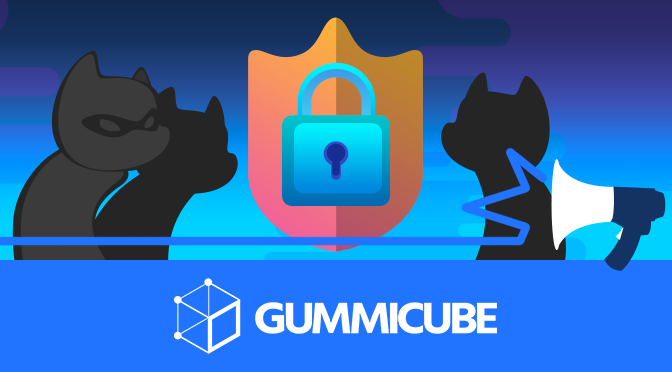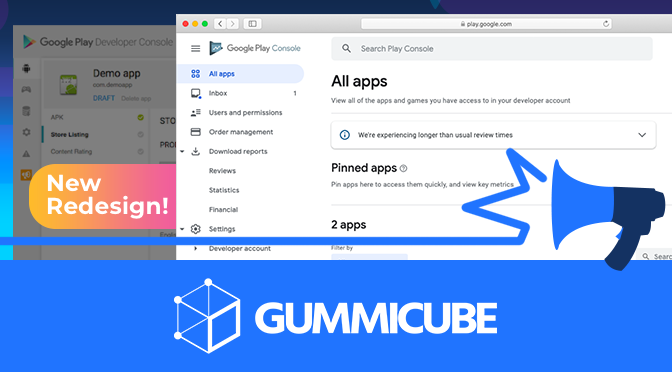
App Store Holiday Schedule 2020
Posted on November 23rd, 2020
When is the App Store Holiday Schedule 2020? Learn about the dates of this year's shutdown and how to prepare.

The competition between the Apple App Store and Google Play Store is always fierce, but Apple has typically maintained a lead in profits. That lead has grown even further, as the App Store has earned 93% more than Google Play in Q3. With that said, it’s important to understand what this means for the app economy and App Store Optimization.
As Q3 closes, reports from Google and Apple reveal the earnings of their respective App Stores. Google Play has earned a respectable $6.2 billion dollars this quarter, but the Apple App Store surpassed that with $12 billion – nearly double that of Google Play. This is in line with their earnings from the first half of the year, but the discrepancy between the stores has increased by about 3%. Compared to 2017, the Q3 2018 earnings have increased significantly as well. However, while Google Play saw a higher rate of growth than the Apple App Store throughout most of the year, the last quarter’s earnings for Google Play increased by 21.5% compared to last year, while Apple’s increased by 23.3%.
The biggest earners for both app stores are subscription services and mobile games. Paid services such as Netflix and Tinder were the highest earning non-game apps, with Netflix alone bringing in $243 million for the two platforms combined. Mobile game spending has also increased by almost 15% from last year and is responsible for 76% of all app revenue across the stores. Interestingly, the gap between the stores is smaller when it comes to mobile game profits – the Google Play earned $5.3 billion, while the Apple App Store earned 60% more at $8.5 billion. As companies with subscription services or microtransactions try to find ways to circumvent Apple and Google from taking a cut of their microtransaction profits, there is a chance the stores will see less profits from some of those sources in the years to come. In spite of the revenue differences, Google Play still sees more app downloads. Google Play saw 19.5 billion worldwide app downloads this year, an increase of 14% from last year’s 171.1 billion. Meanwhile, Apple saw a much smaller increase, growing from 7.3 billion downloads to 7.6.
The first conclusion one can draw from this data is that App Store customers spend more than Google Play customers. Even though Apple sees fewer downloads, its profits are significantly higher. With the App Store is currently outpacing the Google Play Store in terms of both growth and profits, one should not count out Google Play. It is still seeing tremendous profit and solid growth, so it is still a very viable market for apps. Some developers, such as "Fortnite" creator Epic Games, are also making their apps available on Android devices without putting them on Google Play. Users can install apps on Android devices from outside the Play Store, letting developers sell apps, subscriptions or microtransactions without Google taking a cut. iOS users do not have such an option, so profits will be higher for the App Store as a result. As such, developers can expect to see more profit from the Apple App Store, but they should not put all of their eggs in one basket. By developing apps for both stores, they can reach a wider audience than they would by focusing on one alone. Of course, when developing apps for two stores, it’s important to use a distinct App Store Optimization strategy for each one. The Apple App Store and the Google Play Store have different requirements and options for metadata, formatting, videos and more, so there will be differences in the ASO strategies they use. Both the Apple App Store and Google Play Store are big and keep getting bigger. The app economy is constantly growing and developers looking to make the most of it should develop apps that are optimized for each store if they want to succeed. Want more information regarding App Store Optimization? Contact Gummicube and we’ll help get your strategy started.

When is the App Store Holiday Schedule 2020? Learn about the dates of this year's shutdown and how to prepare.

Apple's App Store Guidelines have strict privacy requirements. Developers now must provide information to users on the App Store listing regarding the data they access.

The Google Play Developer Console has been updated with a new design and adjusted tools. What's different, and how will it impact App Store Optimization?